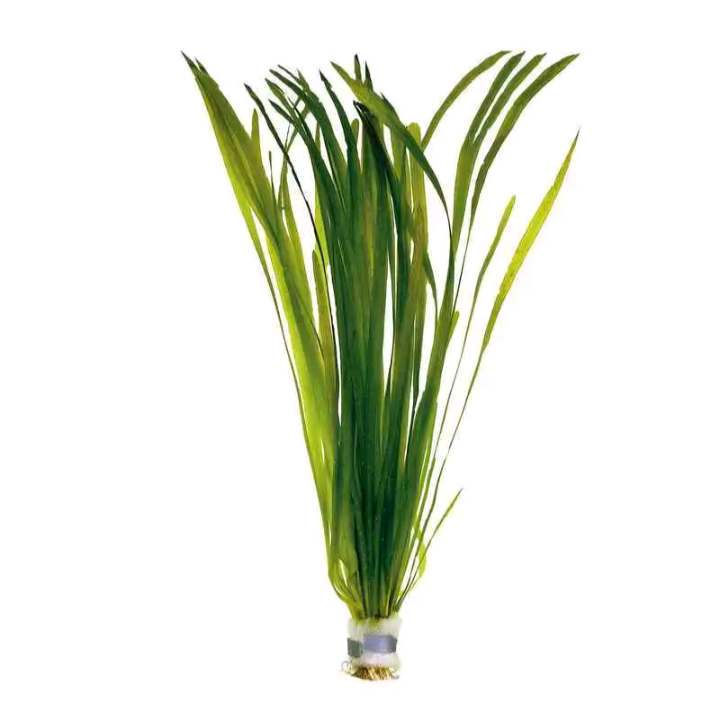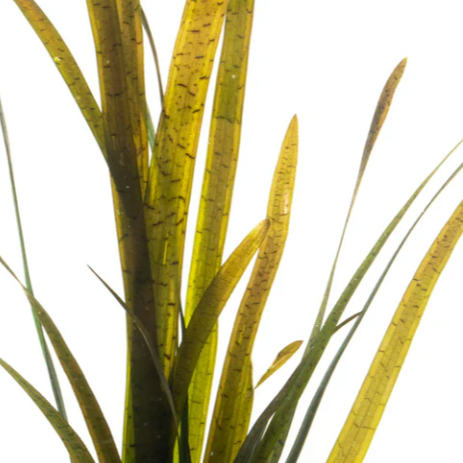Andy's Aquatics & Pet Supplies
X10 Vallisneria Spiralis Leopard Live Aquarium Plants Tropical Aquascaping
X10 Vallisneria Spiralis Leopard Live Aquarium Plants Tropical Aquascaping
Couldn't load pickup availability
X10 individual plants of Vallisneria Spiralis Leopard
Vallisneria Spiralis Leopard is an excellent background plant. It can grow onto the surface of the aquarium. The plant is characterized by thin leaves that vary in shades of green, red and brown. It has a distinct pattern on the leaves with horizontal stripes or spots. It grows quite quickly, but after adapting to new conditions. Acclimatization may take about a month. You may not notice any growth during this time. But after this period, the plant will start to grow and send out shoots under the ground, which will develop into seedlings. After some time, the daughter plants will develop their own root system. Vallisneria is a heavy root feeder. Like all Vallisneria species needs to be planted quite deep.
Difficulty: Easy
Origin : Asia
Amount of light needed : Low-high
CO2 : Not required
Usage: Aquascaping
Growth speed : Medium, fast
Height: 10-30+ cm
Plantation zone : Background, midground
Temperature: 20 - 27°C
pH: 6.0-7.5
Leaf colour: Green, redish, brownish
Understanding "Vallisneria Melt" and Its Cause
Vallisneria melting is a common issue that many aquarists encounter. This plant is highly sensitive to sudden changes in environmental conditions. Factors such as shifts in water temperature, pH levels, hardness, and nutrient deficiencies can stress the plant, leading to melting. To prevent melting, regularly monitor and maintain stable water parameters, including temperature, pH, and hardness. Avoid sudden changes by gradually adjusting these conditions when necessary. Even well-established Vallisneria plants can experience melting. In such cases, it is advisable to prune the melting leaves. This allows the plant to focus its energy on producing new, healthy growth rather than trying to sustain deteriorating leaves. If melting occurs, do not worry—it is a natural response. Your plant will begin to recover and produce new leaves within a month or even sooner, depending on the conditions
Plant orders are sent out Monday - Wednesday to avoid them getting stuck in the post over the weekend during winter months.
100% SAFE for Shrimps
Share




